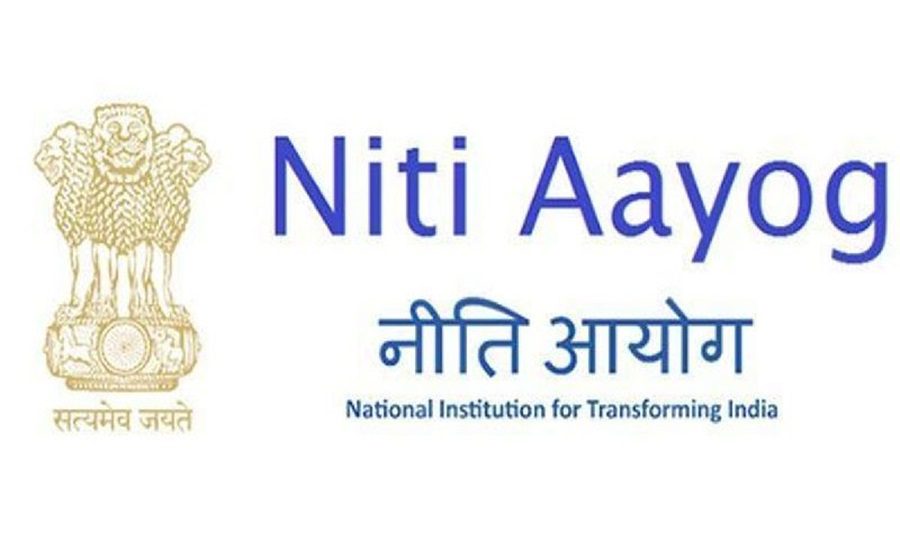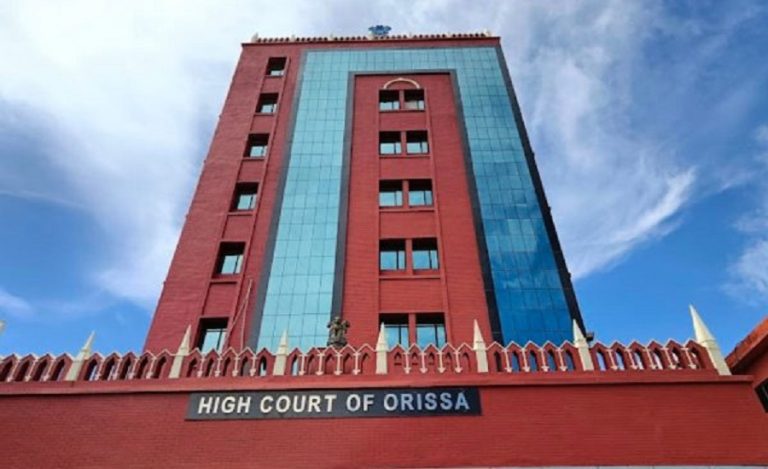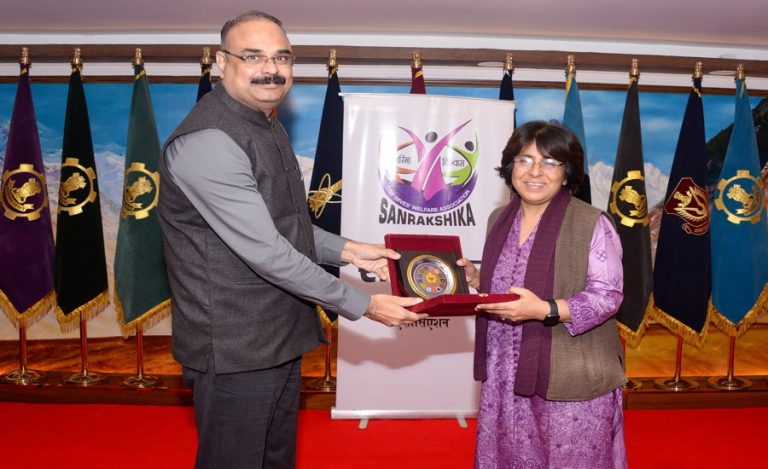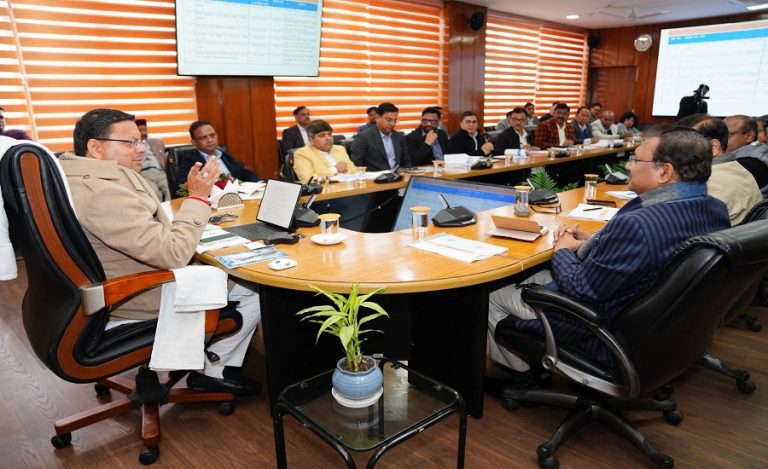A Niti Aayog report has recommended that the government include coking coal in the list of critical minerals to boost domestic production of this essential material for steelmaking. The report, titled Enhancing Domestic Coking Coal Availability to Reduce the Import of Coking Coal, emphasised that maximising India’s coking coal reserves, particularly the 16.5 billion tonnes of medium-grade coal, aligns with the nation’s goal of achieving Net Zero emissions by 2070.
Coking coal currently accounts for 42% of steel production costs, making it vital for infrastructure and industry, which are key to job creation. Despite having significant reserves, India imports 85% of its coking coal, far exceeding the EU’s 62% dependence. The European Union already recognises coking coal as a critical raw material alongside minerals like lithium and cobalt crucial for green energy.
In FY 2023-24, integrated steel plants imported 58 million tonnes of coking coal, costing ₹1.5 lakh crore, despite India holding 5.13 billion tonnes of prime coking coal and 16.5 billion tonnes of medium coking coal. The report pointed out inefficiencies in the current system, with public sector coal washeries operating at only 32% capacity and achieving washed coal yields of 35-36%. In contrast, private washeries demonstrated much higher efficiency, utilising 75% capacity and achieving better yields.
The report urged policy changes to boost domestic production and reduce dependence on imports. Recommendations included amending the Coal Bearing Areas Act, 1957, to allow public-private partnership (PPP) ventures to retain leases even after transferring majority ownership to private players. It also called for enabling joint ventures to sell byproducts from coal washeries, which could lower the cost of clean coal for steel plants.
These measures aim to enhance domestic coking coal availability, ensure steel sector security, and support infrastructure development while reducing the nation’s reliance on costly imports.




























